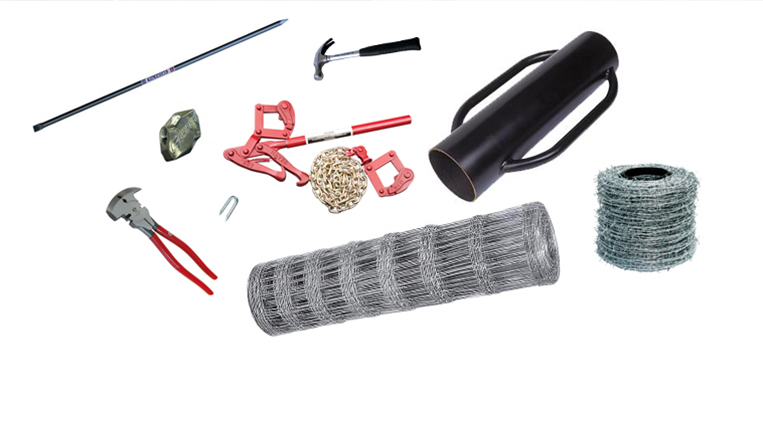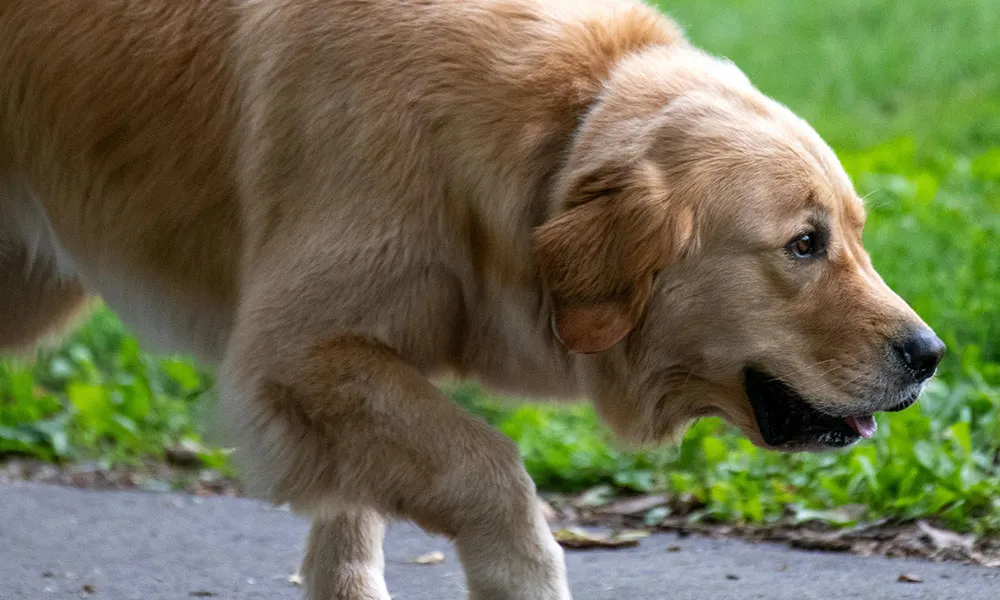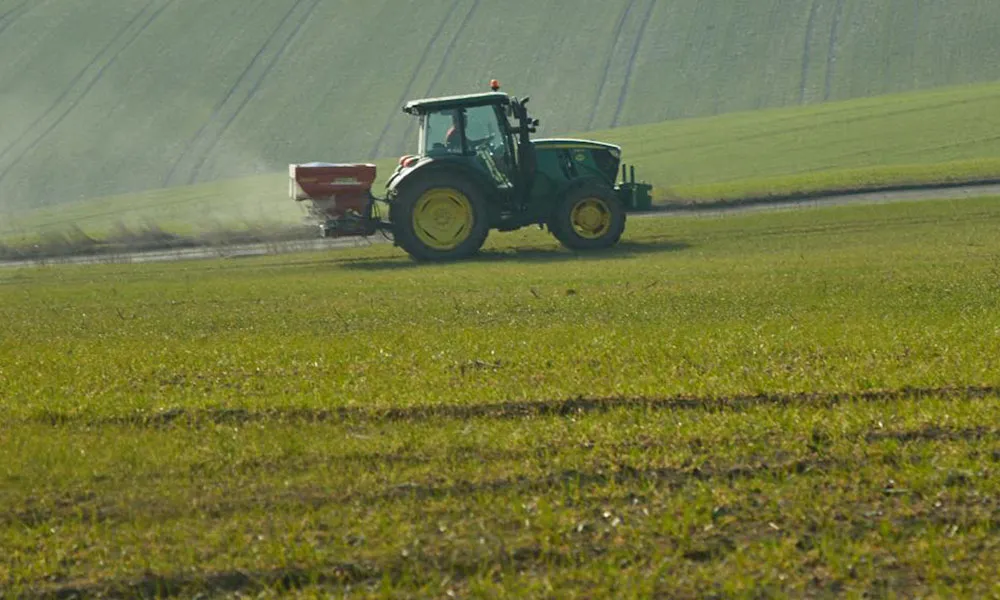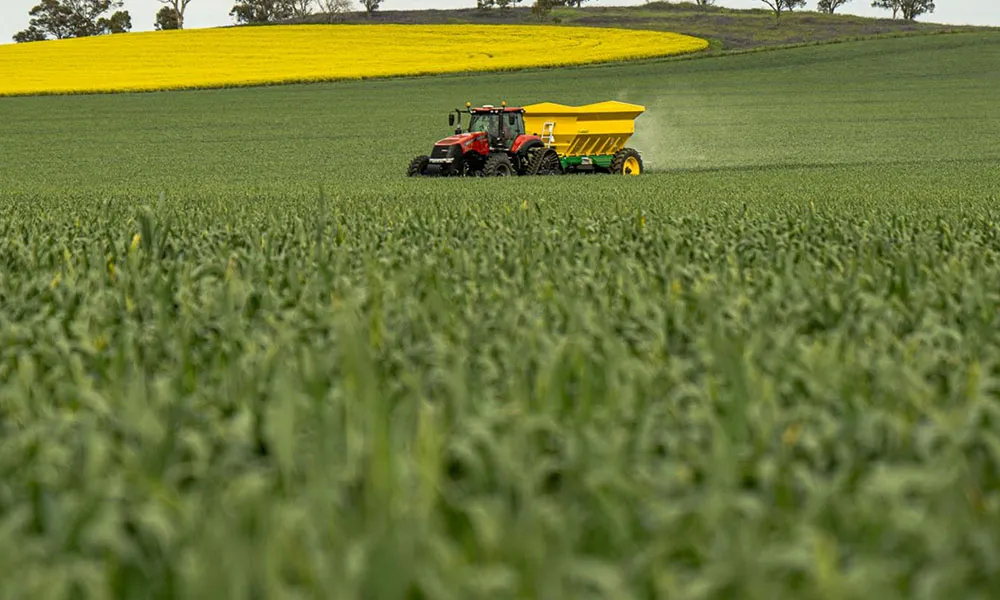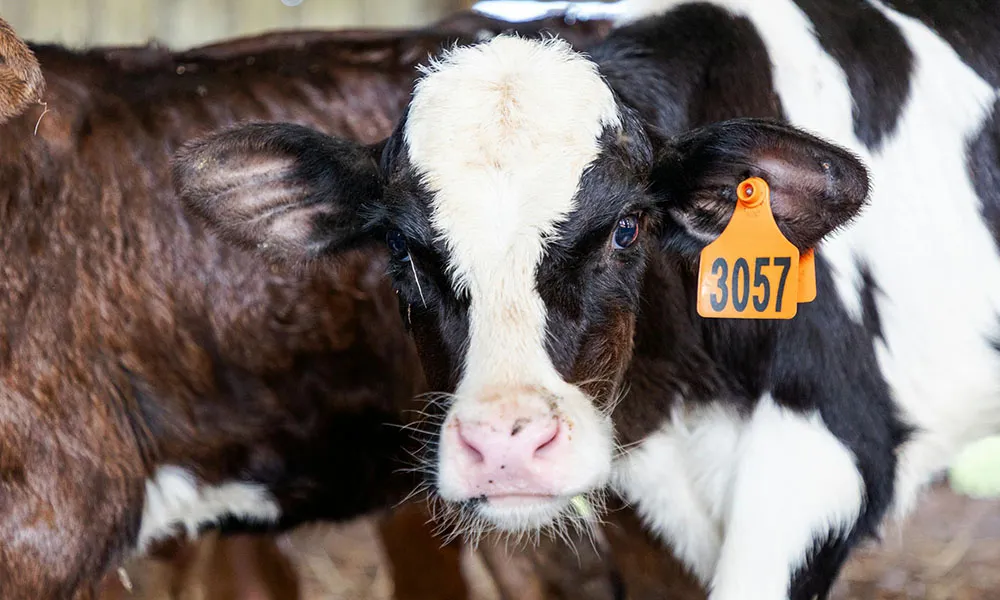
As winter arrives and many farmers take to the fields to mend fences, Agridirect.ie discusses key fencing-safety precautions.
Winter farm maintenance
Generally speaking, winter isn’t a time when we feel like doing a lot of farm maintenance. Throughout the season, Ireland tends to get a battering from strong Atlantic winds and heavy rain – and let’s not even talk about the constant threat of hail or snow. So when we have a free minute, we would probably prefer to spend it indoors, sitting by the fire with a mug of tea and a newspaper.
However, some farmers see winter as a chance to do a lot of farm maintenance work that they mightn’t have time to do in the spring. They are a rare breed, to be sure, but they do exist. I know one or two lads who can’t sit still for 5 minutes and have to be outside, no matter what conditions are like on the land. They spend a good part of the winter months trudging through mud in the lashing rain, mending broken fences and erecting new ones.
This level of dedication to farm maintenance is admirable and enviable. On the other hand, fencing is a surprisingly dangerous task with huge potential for injury if safety measures aren’t taken. Harsh winter conditions, leading to poor visibility and slipper ground underfoot, obviously compound the risk of having an accident on the fence line.
That’s why we here at Agridirect.ie, in consultation with local farmers and fencing contractors, have put together today’s list of 5 Common Fencing Injuries and How to Avoid Them
5 Common Fencing Injuries
5. Wire recoil
There are few fencing jobs that won’t require a good deal of wire cutting. Very often, when you cut with a pliers, the wire will be taut. This creates the potential for wire recoil that can catch you in unwanted places. The eye is – of course – the most dangerous place for wire to stab, so it’s a good idea to wear protective goggles if you are cutting a lot of wire. In addition, you should always hold the stem of the wire with your free hand before you cut, to prevent it from springing back.
4. Hammer thumb
The classic injury of all construction work, this is also the most common complaint of inexperienced fencers. Not to be flippant about it, but the solution to this one is very simple. Make sure your hammer aim is good and remember to wear good quality fencing gloves. They might save you from blackened nail and a few agonizing days!
3. Barbed wire cut
Again, this one is remarkably common, especially if you are using a bar to roll out wire. If rolling is not carefully executed, the wire will spring off the roll and may catch you on the forearm, tearing at the flesh. Depending on the severity of the injury, this can be both painful and potentially dangerous. Always wear good protective gloves when working with barbed wire. If possible, roll wire out using a purpose designed roller. If rolling using a bar or stick, roll “off the bottom” rather than the top.
2. Chainsaw accidents
Putting up new fences makes handling a chainsaw unavoidable. If you have not taken a full course in chainsaw safety, you should consider it before you start fencing. At the very least, always read up on chainsaw safety before using it and follow all precautions. The chainsaw is one of the most dangerous tools you will use as a farmer, so don’t take unnecessary risks with it. Never use a chainsaw on your own.
1. Post driver miscue
The undisputed winner. If you are using a manual post driver to drive your posts, you should be very careful. Make sure the lip of the post driver doesn’t “come off the top” of the post. If the lip of the driver catches on the top of the post as you are driving, the force you apply will jerk your head forward and bang it against the metal cylinder. This will give it an almighty crack that could concuss or even kill. This is so easy to avoid, but it is also a very common fencing accident. Caution is the key.
Thanks for reading
According to local farmers and fencing contractors, those are the most common fencing related dangers. We hope you found this guide useful, though we would also stress that this is not an exhaustive list of fencing safety measures. As with other farm-related activities, when erecting a fence you should always be alert to all potential risks and exercise the utmost caution from start to finish.




